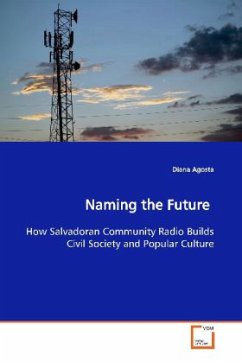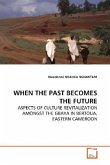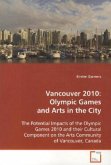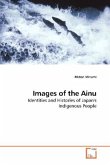How can a community re-create itself after a civil
war? In El Salvador, returning refugees from the
devastated northern regions established local
community radio stations to inform, entertain and
build a new cultural identity. Based on a year of
ethnographic research, Naming the Future argues that
these new community radios worked to activate a
vision of civil society, and fought to create local
public spaces which could also help them enter the
national public sphere. They melded popular culture
with mass media through their partipatory programs.
This popular culture helped their communities to work
through their shared histories and experiences of the
war, the horrors and repression which it brought, and
their dreams and efforts to attain them. It was also
a way that they combined local traditions with
globalized music and other cultural flows which
increasingly were part of their lives.
For communication scholars, development workers and
students alike, this in-depth study of radio
highlights the distinctive contribution of
participatory media forms to the development of civil
society and the re-creation of local culture despite
civil war and intensifying globalization.
war? In El Salvador, returning refugees from the
devastated northern regions established local
community radio stations to inform, entertain and
build a new cultural identity. Based on a year of
ethnographic research, Naming the Future argues that
these new community radios worked to activate a
vision of civil society, and fought to create local
public spaces which could also help them enter the
national public sphere. They melded popular culture
with mass media through their partipatory programs.
This popular culture helped their communities to work
through their shared histories and experiences of the
war, the horrors and repression which it brought, and
their dreams and efforts to attain them. It was also
a way that they combined local traditions with
globalized music and other cultural flows which
increasingly were part of their lives.
For communication scholars, development workers and
students alike, this in-depth study of radio
highlights the distinctive contribution of
participatory media forms to the development of civil
society and the re-creation of local culture despite
civil war and intensifying globalization.








